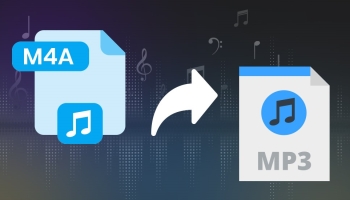
The MP3 format revolutionized the way we listen to music, offering a convenient and efficient way to store and transmit audio files. The story of MP3 begins in the late 1980s when researchers at the Fraunhofer Institute in Germany, led by Karlheinz Brandenburg, were exploring ways to compress digital audio files. They developed a groundbreaking algorithm that significantly reduced the size of audio data while maintaining acceptable sound quality.
In 1993, the MPEG-1 Audio Layer III, or MP3, format was standardized and released to the public. It quickly gained popularity due to its ability to compress audio files to a fraction of their original size without a noticeable loss in audio quality. This breakthrough made it possible to store and transfer music more efficiently, leading to the rise of digital music players and the proliferation of online music sharing.
The advent of the internet played a crucial role in the widespread adoption of the MP3 format. With the emergence of file-sharing platforms like Napster in the late 1990s, music enthusiasts could easily exchange MP3 files with one another. This sparked a digital music revolution, empowering artists to reach a global audience without the need for traditional record labels.
Despite its popularity, the MP3 format faced criticism from the music industry due to copyright concerns. Record labels and artists argued that the ease of copying and sharing MP3 files led to widespread piracy and revenue loss. Legal battles ensued, resulting in the shutdown of several file-sharing platforms and the introduction of digital rights management (DRM) technologies to protect copyrighted material.
Over time, advancements in technology led to the development of more advanced audio codecs and formats. However, the MP3 format remains widely used and supported, thanks to its compatibility with a wide range of devices and software applications. It continues to be the standard format for digital music distribution and is still the format of choice for many music enthusiasts.
In conclusion, the MP3 format revolutionized the music industry by enabling efficient audio compression and digital distribution. Its impact can be felt in the way we consume and share music today. While newer formats have emerged, MP3 remains an iconic and influential format that shaped the digital music landscape.




